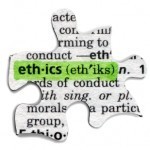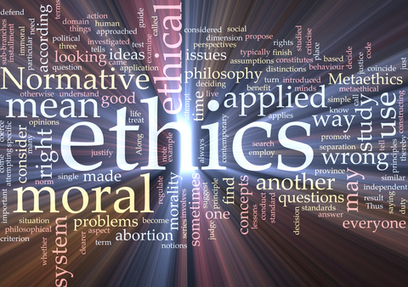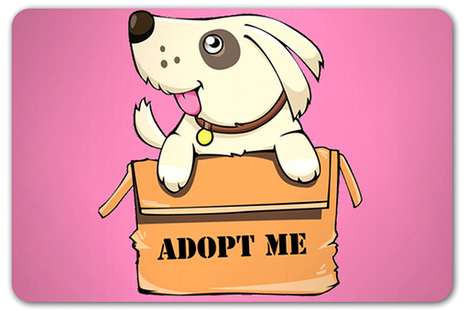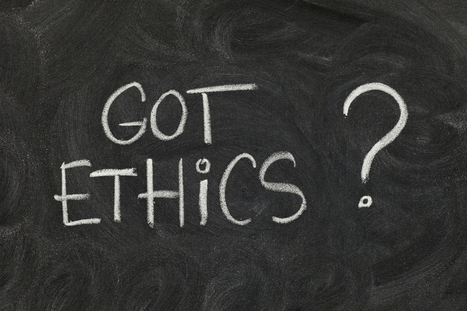Gawker recently turned food marketers' heads with a 2,500-word takedown of blogger, dietary guru and anti-GMO activist Vani Hari, aka "Food Babe." Author Yvette d'Entremont, who started a rival blog under the "Science Babe" moniker, asserted that Hari peddles easily disproved pseudoscience designed to frighten people into emptying their pantries of "toxins" and send angry emails to major food conglomerates.
Vani, a New York Times bestselling writer and TV talk show guest, responded with a can't-we-just-be-friends lament before casting d'Entremont as a "biased," pro-pesticide advocate promoting that most unpopular of agricultural villains—Monsanto. She even created a disclaimer for readers who visit her site from links in the Gawker post: "Coming from Gawker? Warning: I believe you should have both sides of the story before you make an informed opinion. Read the other side of the story here."
A larger trend is lurking beneath this spat over digital influence: America is facing a growing crisis of credibility in food labeling. And as consumers struggle to decide whom to trust—passionate bloggers or major food brands—agencies can get caught in the crossfire....



 Your new post is loading...
Your new post is loading...
















This food fight is all about credibility, influence and how both sides use misinformation campaigns to take down their opponents.